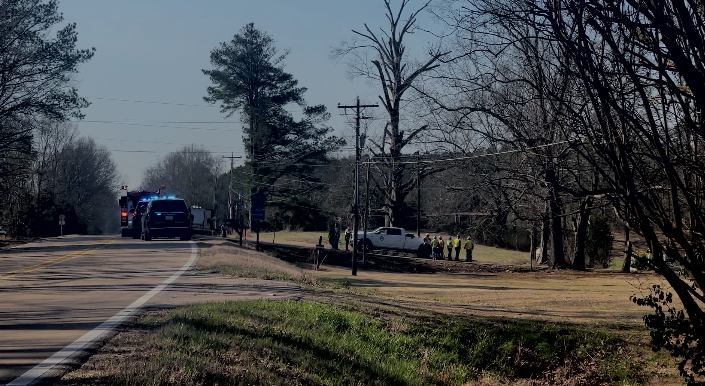Video: Record West Nile Outbreak Continues
[bitsontherun SG8YAbBI]
JACKSON, Miss. – Today the Mississippi State Department of Health (MSDH) reports 13 new human cases of West Nile virus (WNV) for 2012. The new cases were reported in DeSoto (1), Forrest (1), Hancock (1), Hinds (2), Holmes (1), Lauderdale (1), Pike (1), Panola (1), Rankin (1), Scott (1), Walthall (1), and Winston (1) counties, bringing the state total to 213 cases and five deaths. This is the highest number of WNV cases ever reported in Mississippi.
In 2011, Mississippi had 52 WNV cases and five deaths. The MSDH only reports laboratory-confirmed cases to the public.
MSDH is currently working with city and county officials to help guide spraying efforts based on the location of cases. The agency has developed and printed educational materials and door-hangers for mayors, boards of supervisors and other elected officials that are now being distributed locally through civic groups, churches and volunteer organizations. The MSDH is also working with the Mississippi High School Athletics Association and the Mississippi Independent Schools Association in announcing public service messages at high school football games and other athletic events.
Peak season for WNV is July, August, and September in Mississippi, but mosquito-borne illnesses can occur year-round. Mississippians should take appropriate precautions to reduce the risk of contracting WNV and other mosquito-borne illnesses: remove sources of standing water, especially after rainfall; install or repair screens on windows and doors; and if you will be in mosquito-prone areas, wear protective clothing (such as long-sleeved shirts and pants) during peak times from dusk until dawn, and use repellents containing DEET, or Environmental Protection Agency (EPA) registered repellents for use on human skin. Always read the manufacturer’s directions carefully before you put on a repellent.
Symptoms of WNV infection are often mild and may include fever, headache, nausea, vomiting, a rash, muscle weakness or swollen lymph nodes. In a small number of cases, infection can result in encephalitis or meningitis, which can lead to paralysis, coma and possibly death.
For more information on WNV and other mosquito-borne illnesses, a checklist to reduce the mosquito population in and around homes, and recommended mosquito repellents, visit the MSDH website at www.HealthyMS.com/westnile or call the WNV toll-free hotline from 8 a.m. until 5 p.m. Monday through Friday at 1-877-WST-NILE (1-877-978-6453).





Leave a Reply